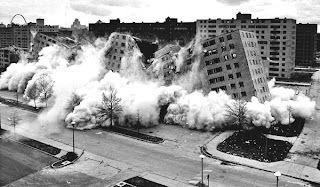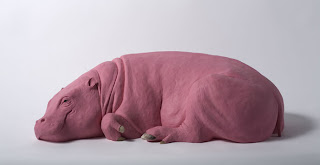1.
We didn’t make the journey ourselves.
Our families did that, on hands and knees
hiding in the backs of fruit trucks pretending
to be sacks of grain, bodies pulled shut.
On the roofs of freight trains glaring silver
in the noon light. My grandmother pushed her head
out the slit window to see the sun and was blinded
by the sight. When they reached the border
one family turned back. They went home.
The other carried their homes on their backs,
in their bellies, held it between their hands
as they crossed the line into whatever nothing that was promised.
One side looked no different from the other then.
2.
This is a country where they sell meat
in the same place they sell pants.
Meat on little sticks,
meat smoking on the table in front of us,
red meat slivered and shiny with egg.
The pants are for the men. The women
wear diaphanous robes that fill with air
and stay full always. Beneath the robes
they are invisible. Their bodies end
at the neck. Above, faces with eyes
turned down, mouths closed.
There are no women here at all.
Just these ghosts, gliding silently along.








